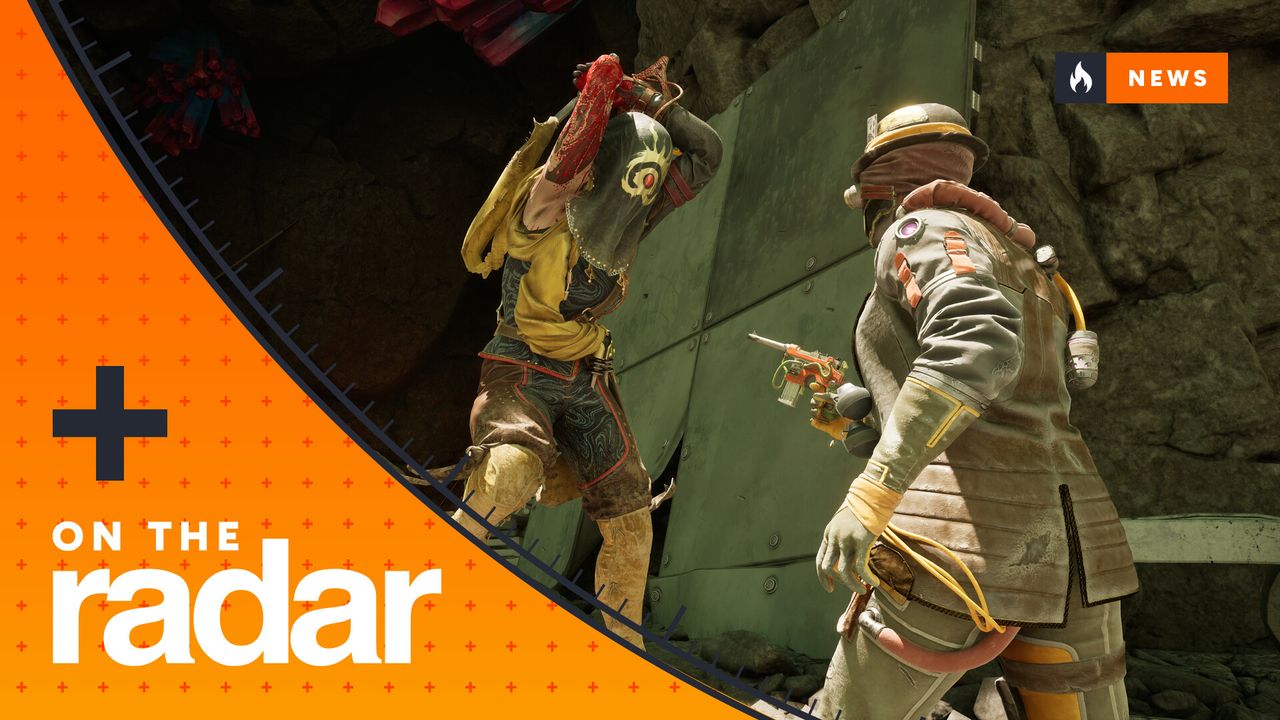
The Outer Worlds 2 is an RPG that's more than willing to let you create some bad character builds. Game director Brandon Adler believes that's a critical part of the role-playing game experience that's fallen by the wayside in recent years, but titles like Baldur's Gate 3 are proving that many RPG fans prefer to have to actually think once in a while.
"In general, it feels like many games, but RPGs in particular, are like, 'Well, you're not allowed to make bad choices, so every character build is viable, and we make sure that no matter what you do, everything's going to be fine,'" Adler tells GamesRadar+. "And you know, the problem with that, at least in my opinion, is that for those choices to matter, they have to be things that could be good or bad, depending on what you're doing."
Adler has already been tuning into streamers playing The Outer Worlds 2, "and I'm like, 'Yep, that person has made a bad build'. They've chosen a bunch of things that don't synergize well together, and either they don't understand how the game works, or they're deliberately trying something different, which is also fine. They're just going to have a harder time of it. It's not like they can't finish the game. It's just they're not going to be able to synergize as well with their stuff. Or they're doing, you know, inconsistent choices all over the place. And you know, the game is reacting to, well, you're being inconsistent in a lot of different directions; the same deal. And again, those are perfectly fine and valid ways to play through."
For years, video game development trended toward more approachability and less friction for the player. Adler brings up objective markers as an example. "Many games will say, 'go do this thing', and it will put an objective marker directly on the thing that you need to go [to]. You don't have to think, like, legitimately, I don't have to read - I mean, I do this when I play MMOs - I just spam through what they're saying, because it doesn't really matter. It's not that important. I immediately see where the objective marker is. I walk over to that thing and I pick it up. I don't even know what the goal of the quest was, but I just finished it, and that's not how I want a true RPG to play."
Once upon a time, RPG players needed to keep their own journal – with real paper and a real pencil – at hand to track their quests, manually mapping dungeons and carefully choosing where to allocate every stat point. As Heather notes in our The Outer Worlds 2 review, this is an RPG that's "willing to play game master to my silliest decisions," and you don't get that kind of freedom without giving players the freedom to think for themselves and screw up a little bit.
"In a true RPG, you need to think about what is happening while you're playing through the game. You have to be willing to engage with a game. I'm starting to see a lot more of that now, as I see things like the Baldur's Gate 3s of the world coming out. I think that, yeah, it is starting to go back in that direction. I think that's great, because I think that people are really going to enjoy kind of relearning how RPGs can really allow this kind of player choice that maybe they've been missing over the past little while."
The Outer Worlds 2 is one of the biggest new games for 2025, but can it measure up to the best RPGs out there?







